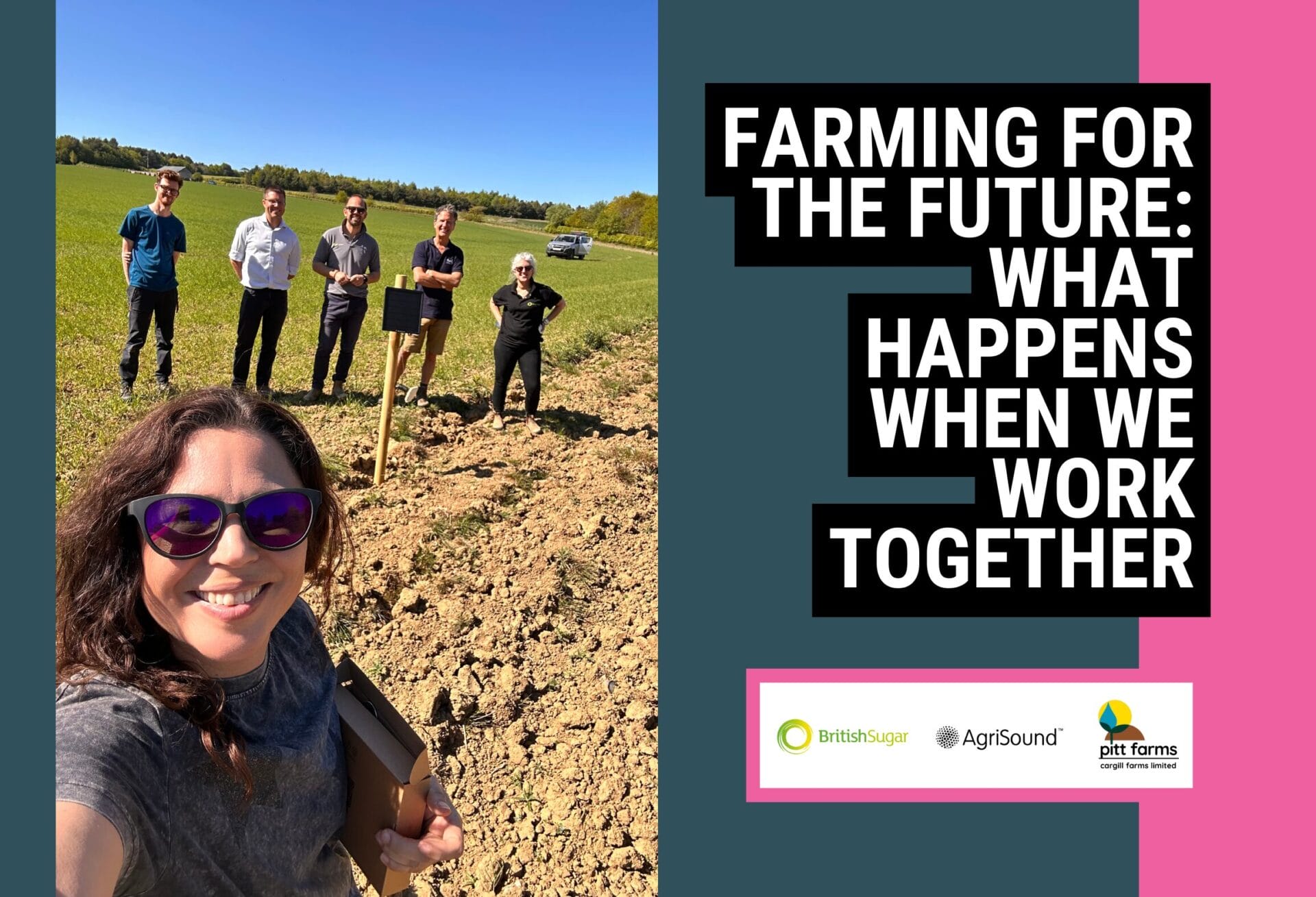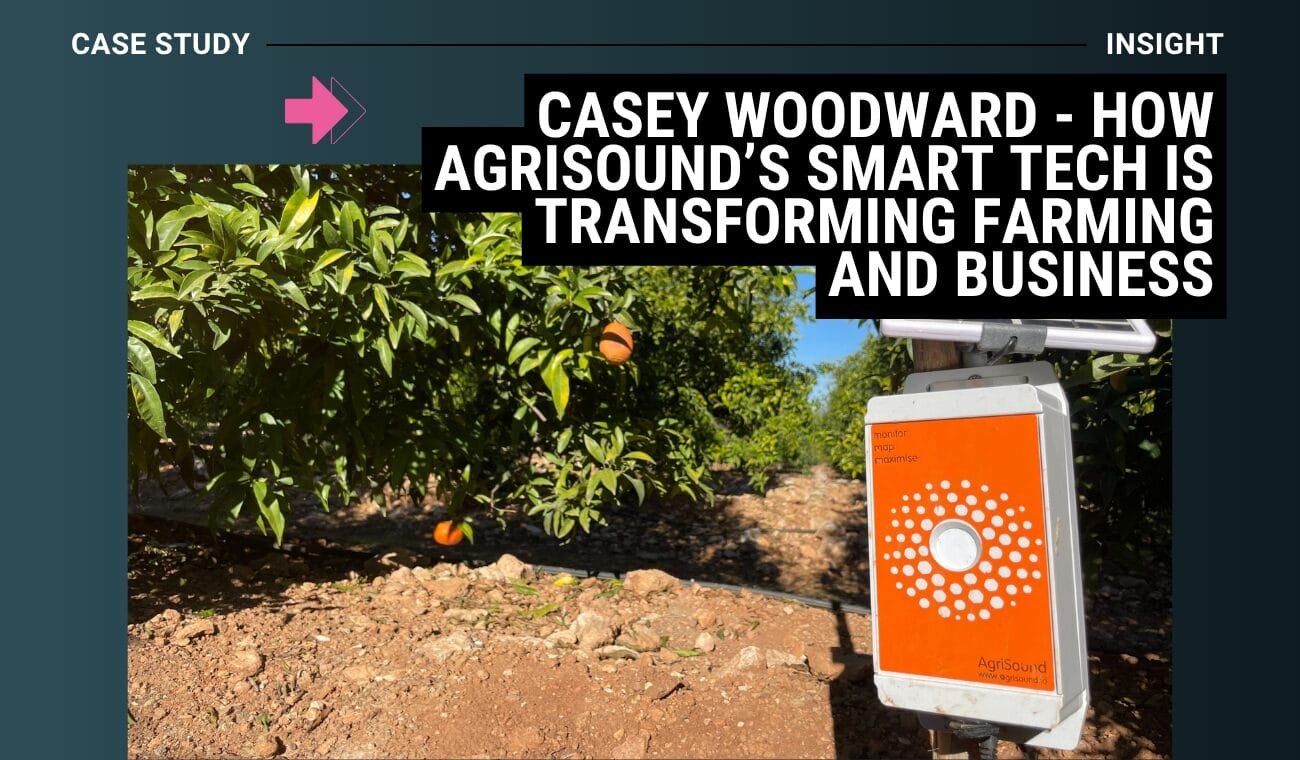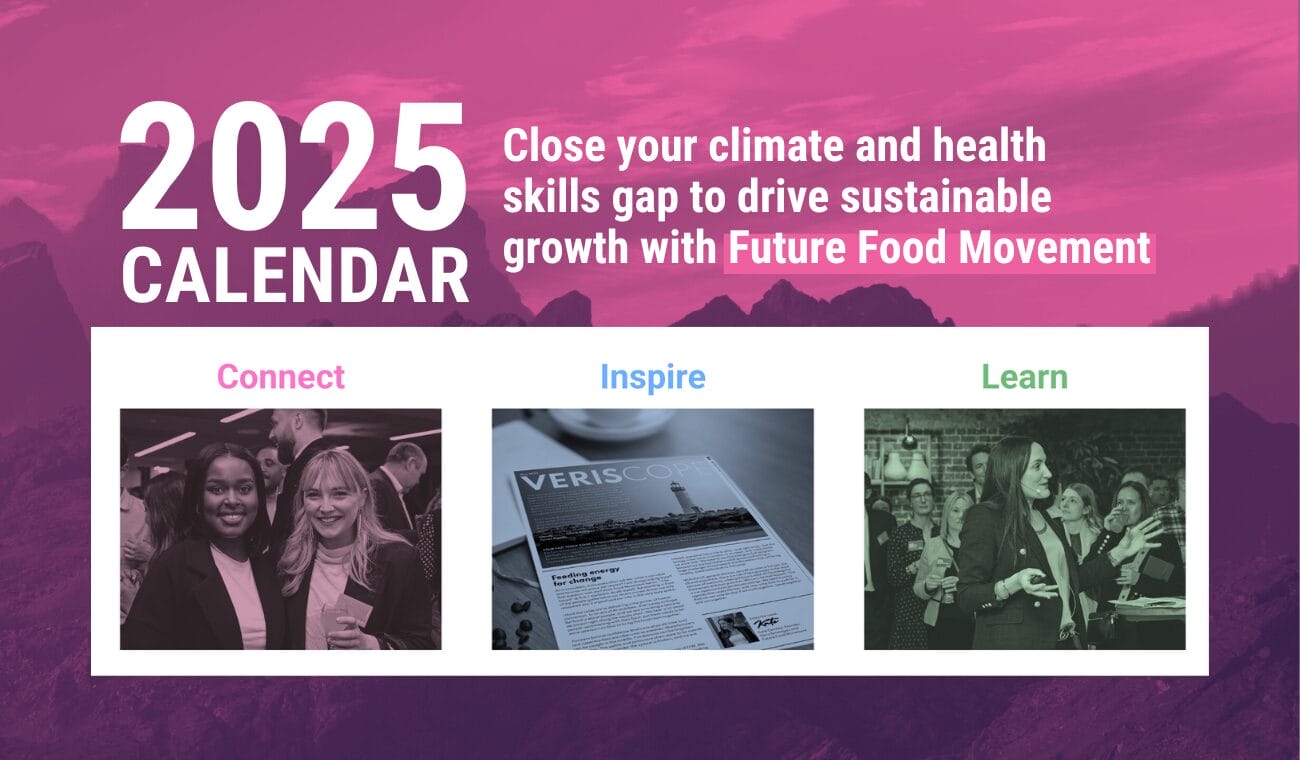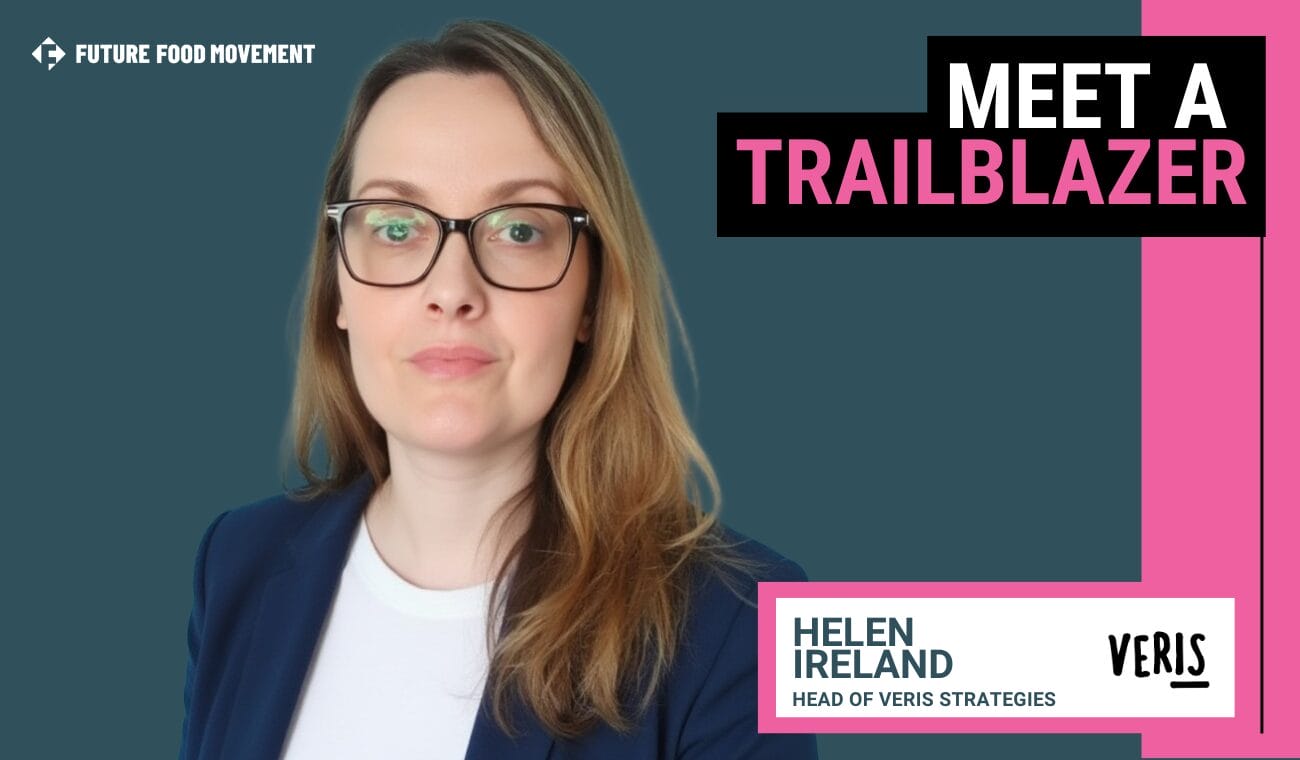“The world is changing and fast. We only have a small window of opportunity to share our knowledge and experiences to make an impactful difference. I have small children and want to play my part in ensuring we leave them a habitable world.“
1 ESG and Sustainability is not a team – it’s a culture
Time and time again I see businesses making the decision to change, either through want or necessity. The go to solution…..employ a head of sustainability..…problem solved.
The difference between companies who are currently surviving this new world of expectations and those thriving within it, is authenticity. You can never achieve impactful change or be able to credibly talk about that change without significant cultural shift across the whole business.
Sustainability touches every role within an organisation and the key to the execution of a sustainable business model is that everyone understands the why, the what and the how do I fit into it.
2 Wider responsibility
We are in a frightening new world where the lids are being lifted, left right and centre on food supply chains. We have been so heavily invested and pushed to focus solely on cost and how to sell, sell, sell that we really haven’t had time to worry about lifting those lids and asking those awkward questions.
As an industry we have massive challenges in how we share this knowledge and how we get to grips with what we are selling and how it was made. This all hinges on data, that in the main hasn’t been readily available. This will change and it will change quickly.
Food supply chain complexities mean that scalable change can only happen with high levels of collaboration. Other parts of your business are going to need to start looking outward and communicating with their peers, suppliers and customers.
To prepare yourself for this shift to suddenly having information at your fingertips and lots of folk to talk to about it, do you have the manpower and the team structures in place to deal with it? Data solutions will arrive, but are you prepared structurally. Set the pathway to taking a wider interest in your supply chains now, what might that look like?
Do you have the talent within your teams, do you need to upskill or prepare your people?
To read the full article, please join the Future Food Movement as an Ally.














